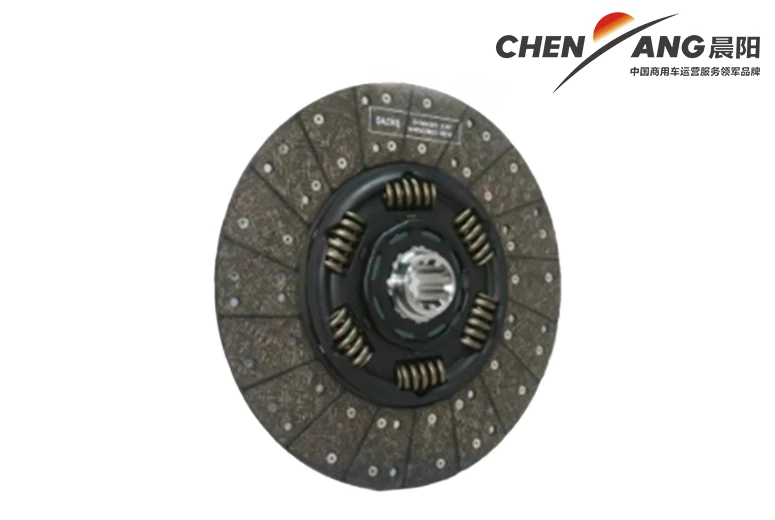Small Engine Fuel Line Maintenance and Replacement Tips for Optimal Performance
Understanding Small Engine Fuel Lines Importance, Maintenance, and Replacement
When it comes to the efficient operation of small engines, such as those found in lawn mowers, chainsaws, and generators, fuel lines play a critical role. These lines are vital conduits that transport fuel from the tank to the engine, influencing performance, reliability, and overall functionality. Understanding the significance of small engine fuel lines, as well as their maintenance and potential need for replacement, is essential for anyone looking to maximize the lifespan and efficiency of their outdoor power equipment.
The Role of Fuel Lines
Fuel lines are designed to withstand various conditions, from extreme temperatures to exposure to various chemicals in fuel. They are typically made from durable materials, such as rubber or metal, and are engineered to resist wear and degradation. A well-functioning fuel line ensures that the engine receives the proper fuel quantity and pressure necessary for optimal performance.
When fuel lines become clogged or damaged, the engine might suffer from poor performance. Symptoms might include difficulty starting, stalling, or a loss of power during operation. Additionally, leaks can occur when the integrity of the fuel line is compromised, leading to fuel wastage and potential fire hazards. Therefore, maintaining the fuel line is crucial for safety and efficiency.
Signs of Fuel Line Issues
Identifying problems with the fuel line early can save time and money in the long run. Here are some common signs that your small engine's fuel line may need attention
1. Visual Inspection Cracks, bulges, or fraying on the fuel line indicate wear and tear. Any visible damage should be addressed immediately to prevent further issues.
2. Fuel Odor A strong smell of fuel around the engine can indicate a leak. If fuel lines are leaking, they need to be replaced promptly to prevent hazards.
3. Performance Issues If your equipment is hard to start or is losing power during operation, it may be due to fuel not reaching the engine effectively. This could be a result of a clogged fuel line.
small engine fuel line

Maintenance Tips
To ensure your small engine fuel line remains in good condition, regular inspections and maintenance are vital. Here are some tips to consider
1. Regular Inspections Check the fuel line during routine maintenance of your equipment. Look for any signs of wear, leaks, or other damage.
2. Use the Right Fuel Always use the manufacturer-recommended fuel type for your engine. Low-quality fuel can lead to the buildup of deposits that can clog the fuel lines.
3. Replace Fuel Filters If your equipment is equipped with a fuel filter, replace it as recommended. A clean fuel filter will help keep the fuel line free from obstructions.
4. Storage Precautions When storing your equipment for extended periods, ensure the tank is either full (to prevent moisture accumulation) or drained properly. This can help prevent issues with the fuel line from deteriorating due to old fuel.
When to Replace Fuel Lines
If your inspection reveals that the fuel line is damaged, replacement should be executed carefully. Most small engine fuel lines can be replaced at home with the right tools and materials, but if you're unsure about the process, it's wise to consult a professional. Ensure you have the proper replacement parts that match the specifications of your engine.
In conclusion, small engine fuel lines are essential components that require regular maintenance and careful monitoring. By being proactive about inspections and addressing any issues promptly, you can ensure your small engine operates efficiently and safely. Don't overlook the importance of these small yet critical components in keeping your outdoor power equipment running smoothly.
-
2BFY Traction Series Grain Fertilizer Seeder-Chenyang Group|Precision Farming,Agricultural MachineryNewsJul.30,2025
-
2BFY Traction Series Grain Fertilizer Seeder-Chenyang Group|Precision Farming SolutionsNewsJul.30,2025
-
2BFY Traction Series Grain Fertilizer Seeder-Chenyang Group:Integrated Seeding&FertilizingNewsJul.30,2025
-
2BFY Traction Series Grain Fertilizer Seeder - Chenyang Group|Integrated Seeding,FertilizingNewsJul.30,2025
-
2BFY Traction Series Grain Fertilizer Seeder-Chenyang Group|Integrated Seeding&FertilizingNewsJul.30,2025
-
Grain Fertilizer Seeder-Chenyang Group|Precision&EfficiencyNewsJul.30,2025
Popular products

























